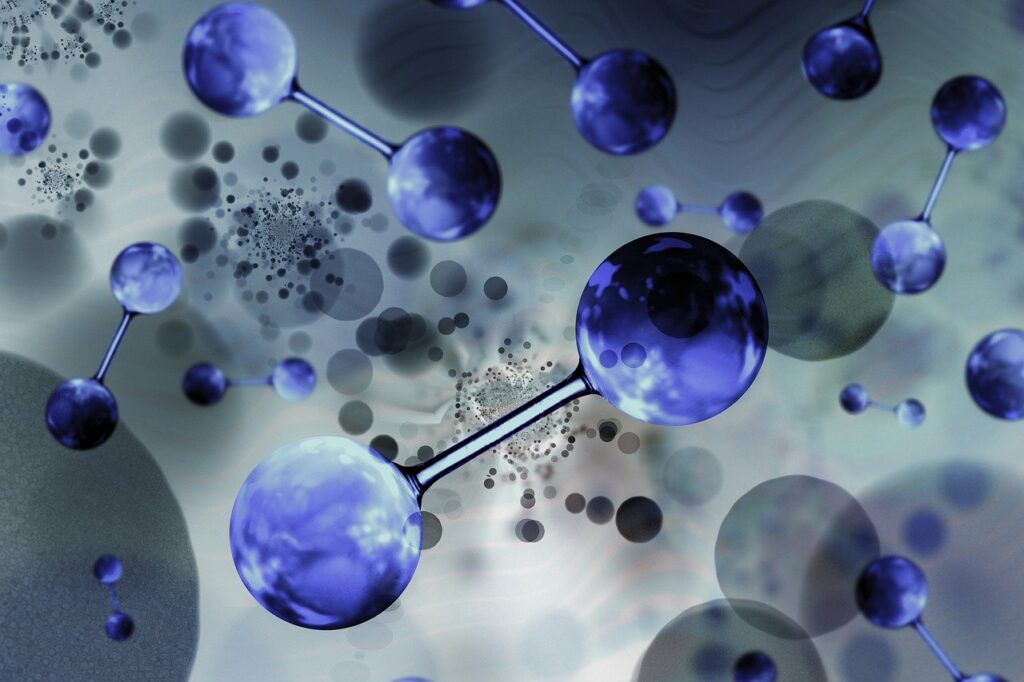GenH2 and the University of Melbourne are joining forces to propel the adoption of hydrogen technology worldwide. Utilizing GenH2’s cutting-edge Cryostat CS500 simulation test platform, the University of Melbourne aims to revolutionize cryogenic and hydrogen research and development.
At the heart of this collaboration lies the Cryostat CS500, a state-of-the-art platform renowned for its versatility and precision in testing thermal insulation systems, materials, composites, and panels. Developed as part of GenH2’s NASA-licensed cryostat family, the CS500 enables researchers to explore the complexities of cryogenic-vacuum conditions and real-world scenarios, fostering innovation in hydrogen solutions.
Greg Gosnell, CEO of GenH2, expressed enthusiasm about the partnership’s potential to drive global hydrogen adoption. Leveraging the University of Melbourne’s renowned expertise in research impact and relevance, GenH2 is poised to push the boundaries of hydrogen technology. The collaboration represents a significant step towards realizing the vision of a sustainable, hydrogen-powered future.
Dr. Shanaka Kristombu Baduge, PhD-Fellow at the University of Melbourne’s Department of Infrastructure Engineering, emphasized the transformative impact of the Cryostat CS500 on their research endeavors. With GenH2’s cutting-edge technology at their disposal, researchers can explore materials crucial for future clean energy infrastructure, paving the way for groundbreaking advancements in hydrogen technology.
The collaboration between GenH2 and the University of Melbourne extends beyond research and development. Building upon the success of the CS500, future collaboration will focus on developing large-scale liquid hydrogen infrastructure, further solidifying their commitment to driving innovation and sustainability in the energy sector.
